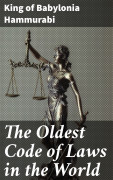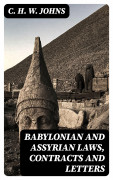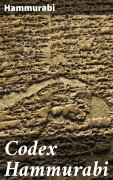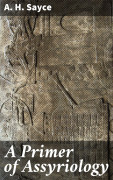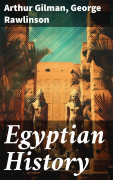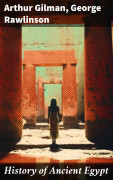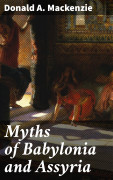King of Babylonia Hammurabi: The Oldest Code of Laws in the World
The code of laws promulgated by Hammurabi, King of Babylon, B.C. 2285-2242
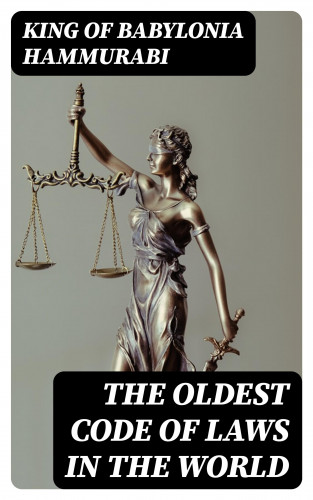
| Produkttyp: | eBook-Download |
|---|---|
| Verlag: | DigiCat |
| Erschienen: | |
| Sprache: | Englisch |
| Seiten: | 44 (Druckfassung) |
| Format: | EPUB
Info▼
|
| Download: | 311 kB |
Hammurabi, the ancient King of Babylonia, is famously known for his renowned legal code, one of the oldest in the world. 'The Oldest Code of Laws in the World' provides a fascinating insight into the society and governance of ancient Mesopotamia. Written in a clear and concise manner, the book outlines the various laws and punishments that governed the citizens of Babylonia, shedding light on the social structure and justice system of the time. Hammurabi's literary style is straightforward yet authoritative, reflecting the strict nature of his legal system and the importance of maintaining order in society. This book serves as a valuable historical document, giving modern readers a glimpse into the legal practices of a bygone era. Scholars and history enthusiasts alike will appreciate the wealth of information contained within this ancient text. As the ruler of a powerful empire, Hammurabi was tasked with maintaining justice and order among his subjects. It was this sense of duty that led him to compile the Code of Hammurabi, a comprehensive set of laws designed to govern every aspect of Babylonian society. Through his writing, Hammurabi sought to establish clear guidelines for his people, ensuring fairness and consistency in legal matters. His legacy as a lawgiver continues to be celebrated to this day. I highly recommend 'The Oldest Code of Laws in the World' to readers interested in ancient history, law, or political science. This book offers a unique perspective on the origins of legal systems and the importance of justice in ancient civilizations. By studying Hammurabi's code, readers can gain a deeper understanding of the complexities of early societies and the evolution of legal principles.
